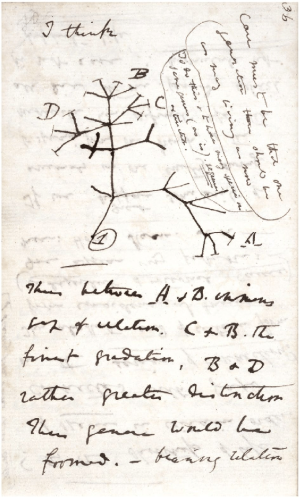I am happy to claim to be primitive! The modern mind is so confused, and rarely worth engaging with. I’m thinking of the politicians, priests and experts who divide us. I’m retiring from work, and want to spend my time doing simple things thoughtfully, explore quiet things, be in no hurry, return to a degree of primitivism. But yes, you are right, I’ve been a teacher for many years, with all the ingrained habits of the profession. But I’m tired of it all, and want to be the student again, finding new things, discovering ancient and new connections, not fall into a rut. We shall see.
So, you are a librarian, Gianluca?! That profession is changing, it seems. Soon we will have libraries with no books in them, just academic papers, bought and restricted by digital companies behind a firewall. The independent researcher will get locked out of the latest knowledge. That troubles me and my academic wife, herself an independent researcher.
Well, if we live long enough we will get a sense of where it is all going. Best wishes to us all!

